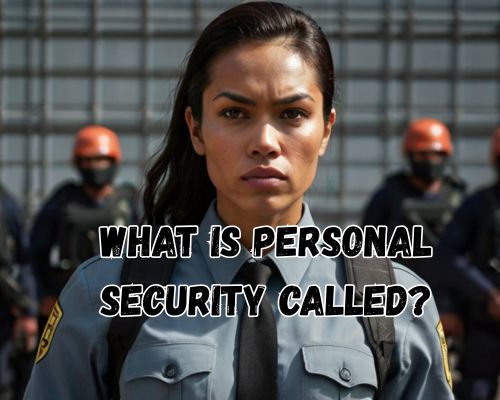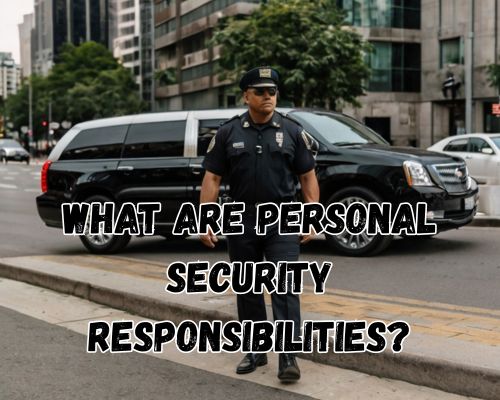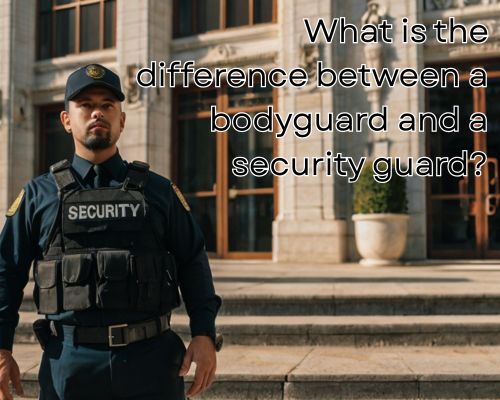Beyond the Fairytale: The Real Challenges of Finding Love in London Beyond the Fairytale: The Real Challenges of Finding Love in London
London, with its iconic landmarks and vibrant social scene, often conjures images of effortless romance – a chance encounter on a double-decker bus, a charming first date in a historic pub. However, the reality of finding love in this sprawling metropolis is often far from a fairytale. For many, particularly young professionals, the pursuit of romantic relationships in London is a daunting task, marked by a unique set of challenges that go far beyond the typical complexities of dating according to https://www.londonforfree.net/the-ultimate-guide-to-london-entertainment-parks-festivals-and-more/.
Among the most significant hurdles is the city’s notoriously high living costs. London’s rent prices are among the highest in the world, forcing a significant portion of young professionals to opt for shared accommodation. While flat-sharing can be a financial necessity, it presents a considerable obstacle to cultivating intimacy and fostering new relationships. Imagine trying to establish a deep connection or enjoy a quiet, romantic evening when you’re constantly navigating around housemates, worrying about noise levels, or feeling a persistent lack of personal space. This constant awareness of others can easily stifle the subtle beginnings of romance, making it difficult for budding connections to truly flourish. The very environment designed for affordability inadvertently creates an atmosphere less than conducive for dating according to https://hedonistshedonist.com/blog/7-must-see-attractions-near-heathrow-airport/.
It’s no wonder that in this environment, dating often takes a back seat amidst the relentless rush and hustle of urban life. The sheer effort required to simply exist comfortably in London can leave little energy for the emotional investment that relationships demand. Beyond the logistical nightmare of shared living, financial stress casts a long shadow over the dating scene in London. According to a 2024 report by The Guardian, a striking 54% of young professionals in the city reported that financial pressure serves as a considerable barrier when it comes to forming stable, long-term relationships.
This financial strain manifests in various ways, directly impacting the ability to engage in and sustain a dating life. Exhaustion after long work hours, often driven by the need to meet London’s high living costs, can leave individuals feeling too drained to even consider a night out or the effort involved in meeting new people. Furthermore, the prohibitive cost associated with dining, entertainment, and even simple activities in a city notorious for its expensive lifestyle means that many aspiring daters simply opt out of romantic outings altogether. A casual coffee date can quickly become an expensive affair, and a romantic dinner might be an unrealistic luxury for those meticulously budgeting to make ends meet.
The pressure to maintain a certain lifestyle, or even just a comfortable existence, in London can inadvertently deprioritize the search for a partner. The emotional and financial bandwidth that might otherwise be dedicated to nurturing a relationship is often consumed by the daily grind of urban survival. While the dream of finding love in London remains for many, it’s crucial to acknowledge these inherent challenges. Understanding these realities is the first step towards navigating the London dating scene more effectively, fostering a sense of shared experience among those facing similar hurdles, and perhaps even inspiring innovative solutions for cultivating relationships in this dynamic, yet demanding, city.




